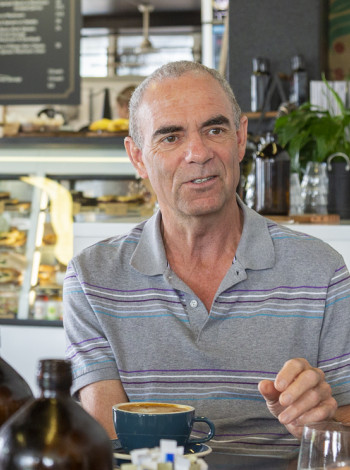Bowel cancer is one of the most common cancers in Aotearoa New Zealand

National Bowel Screening Programme
New Zealand has a free bowel screening programme available to those aged 60 to 74 years.
Time to screenBowel screening
Bowel cancer is one of the most common cancers in New Zealand.
Bowel screening tests look for early signs of cancer before it has developed and before you have any signs or symptoms. It can save your life.
If you are aged between 60-74 years, have your free bowel screen test every two years.
Some people are at higher risk of bowel cancer due to family history or because of some medical conditions. You may also need other tests/investigations, starting from a younger age. Talk to your doctor.
No screening test is perfect and there is a chance a cancer can be missed. That is why the test is repeated every two years.
People at any age (including young people) should visit their doctor if they have signs and symptoms of bowel cancer.
Find out more about bowel cancer and symptoms
The bowel screening test
You do the test yourself at home. It is free if you are between 60 and 74 years.
Collect a tiny sample of your poo with a test stick, seal it in a tube and bag provided and send it to the lab.
The lab will look for very small amounts of blood. Many conditions can cause you to have blood in your poo (such as haemorrhoids/piles), or it can indicate if you have polyps or cancer. Polyps are small growths that can turn in to cancer over time. If blood is found, you will be sent for further investigation.
Test results
You get a letter with the results around three weeks later.
Most people get a negative result - everything is fine and you repeat the rest in two years if you are under 74 years.
A positive test means they have found blood in your poo. This does not necessarily mean you have cancer but you will need further tests.
Some people who have bowel symptoms and who have a negative FIT result may still require further tests, and so should discuss their symptoms with their doctor.

